“The Letter,” which is inspired by Pope Francis’s landmark encyclical “Laudato Si’: On Care for our Common Home,” is a timely documentary. It features the journey of five climate advocates from around the world to a dialogue with the leader of the Catholic Church.
The documentary is a reflection of the state of our world and all that lives in it. It provides viewers the opportunity for contemplation. Among its highlights are quotes from Pope Francis on the climate crisis and on issues related to ecological decline and social injustices.
“This ‘becoming used to’ is a terrible illness”
The featured climate advocates faced the impacts of the climate crisis in different ways. Stories of climate-induced displacement, forest destruction, flooded villages, and coral bleaching have emerged in recent years, yet calls for urgent action to respond to these events have repeatedly fallen on deaf ears. Even worse, these type of stories have emerged so many times that some people are becoming numb to it.
Many people have to realize that just because they have not gone through an experience does not mean the experience was never real. Just because a calamity has happened so many times does not mean they have just to accept it as a “new normal.” It simply is not enough to be resilient; proactive action is what is needed.
“The theology in Laudato Si’ is in dialogue with science”
A key part of the film (and Laudato Si’) is Pope Francis’ recognition of the need for science and faith to work together. These two seemingly incompatible fields of thought do not offer division, but an opportunity for a holistic approach to dealing with complex issues, such as the climate crisis.
If a scientifically-sound solution is implemented without the proper values to guide it, it might become a “false solution” that can harm communities and ecosystems. Similarly, if we only rely purely on faith without actually doing any work ourselves, no real positive change can be made.
In recognition of our interconnectedness with everything in nature, we must realize the interlinkages between science and faith that allow our actions to reach more people and persuade them to commit to being better stewards of our environment.
“We’re building a tower of human arrogance with bricks of power, bricks of economy”
Within the documentary, Pope Francis shared the story of the Tower of Babel, a structure “with its top in the heavens.” When a worker fell, no one barely blinked an eye; yet when a brick fell, a worker was punished for it.
This higher valuation of materialistic properties over the dignity of human life can be observed in the global economy, becoming a contributing factor to the climate crisis.
A “technocratic paradigm,” which views all parts of our reality as problems that can always be solved by applying scientific and/or technological actions of our own making, has started to emerge. This has fueled delusions, especially among those controlling most of the world’s wealth, of humankind’s power to influence and overcome anything surrounding us.
Yet the undeniable reality is that we do not own nature. We are part of it, and we must take care of it. And every time we think otherwise, not only would our environment remind us that we are the ones who will always adapt to it. The cries of the earth and the poor will keep growing louder until either we respond or we join in making the cries.
“A true revolution is always constructive. And when one is settled in life, it is hard for you to imagine.”
The perception of a revolution in the eyes of many peoples is one associated with destruction and violence. The thought of dismantling the status quo is a repellent not just because of a human being’s resistance to drastic change, but also due to the actions of those with power and wealth who do not want to give up their advantageous position.
Yet history is filled with largely peaceful revolutions. Pope Francis and the climate advocates in the film framed the climate crisis as a spiritual crisis that can only be properly dealt with through a cultural revolution anchored on ecological conversion. This conversion calls us to regenerate our relationship with nature, with other human beings, and even within ourselves.
The message of “The Letter” is not just for Catholics. The beauty and power of the film come from its universality.
If we are to overcome the climate crisis, the gravest existential threat of our lifetime, we must find unity in diversity. We must learn to communicate with others and find a common ground, strength, and compassion to urgently respond to the harmful impacts around us, such as poverty, inequalities, and injustices.
Ultimately, we are all stakeholders and share the responsibility of taking care of our common home.
John Leo is deputy executive director for Programs and Campaigns of Living Laudato Si’ Philippines and a member of the interim Secretariat of Aksyon Klima Pilipinas.

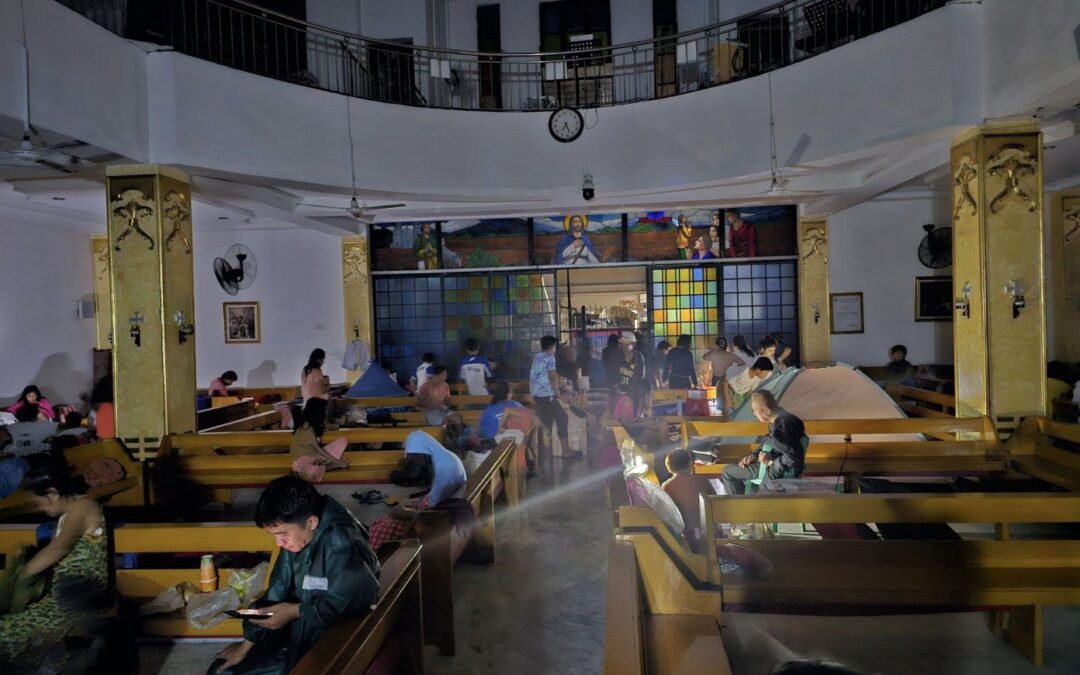
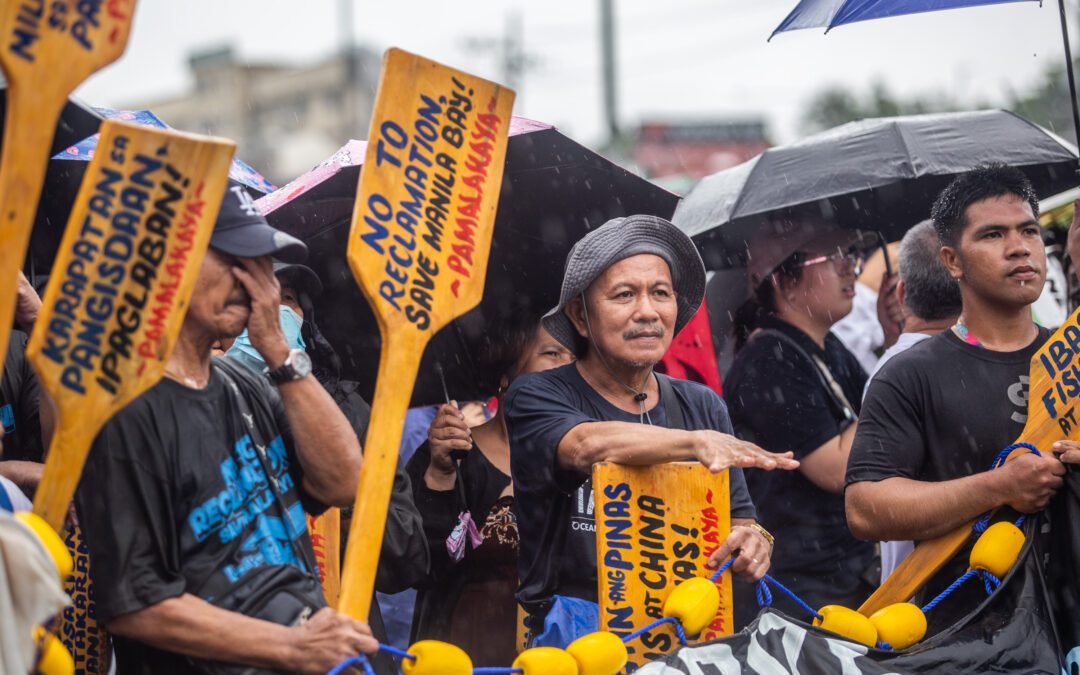
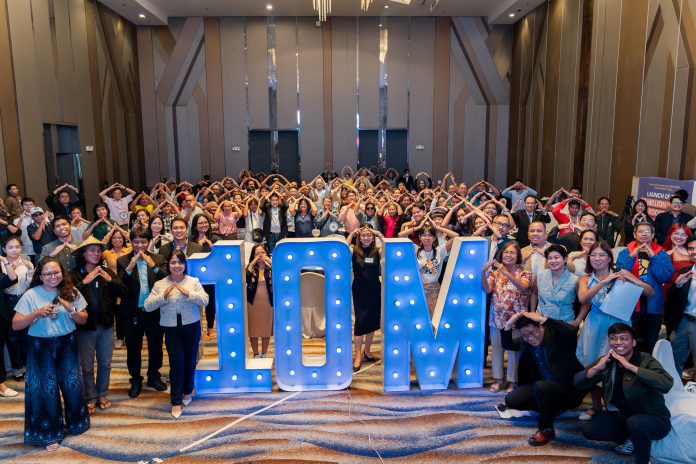
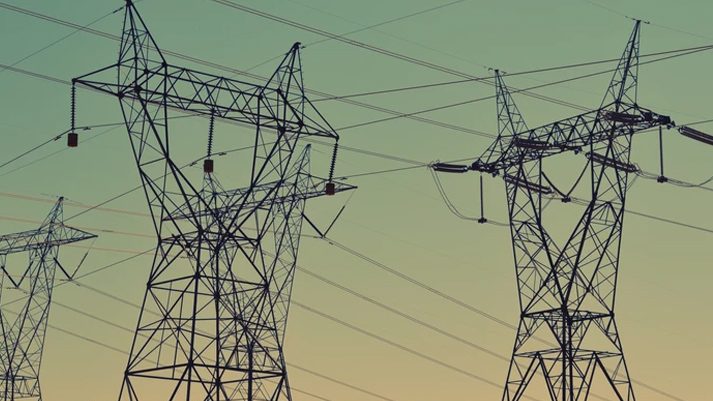
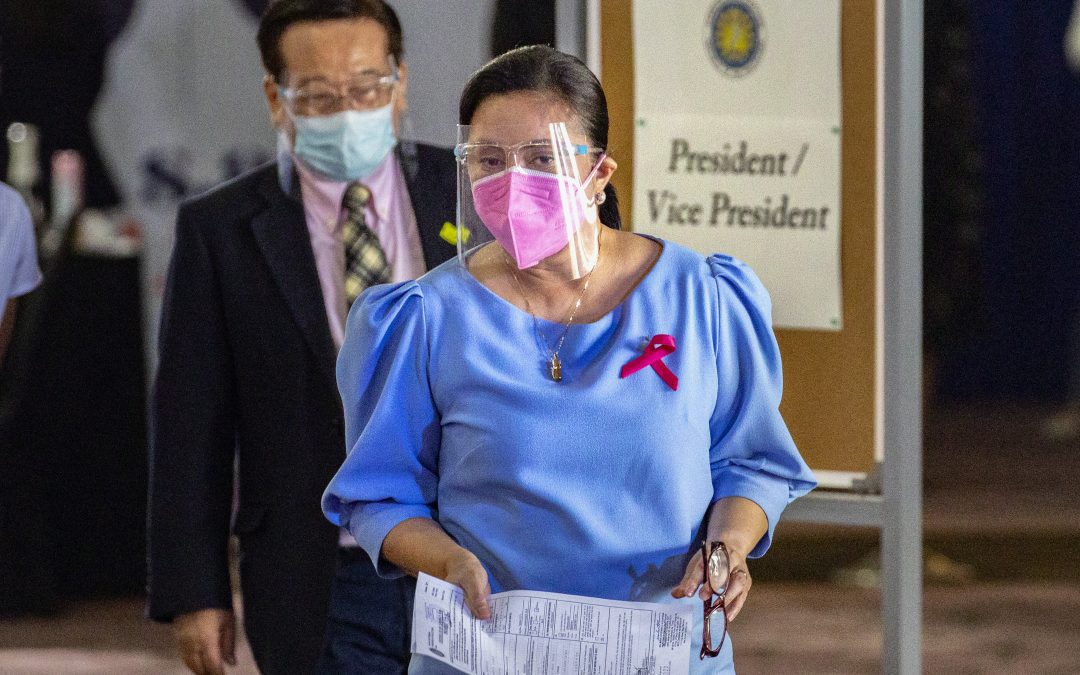
0 Comments